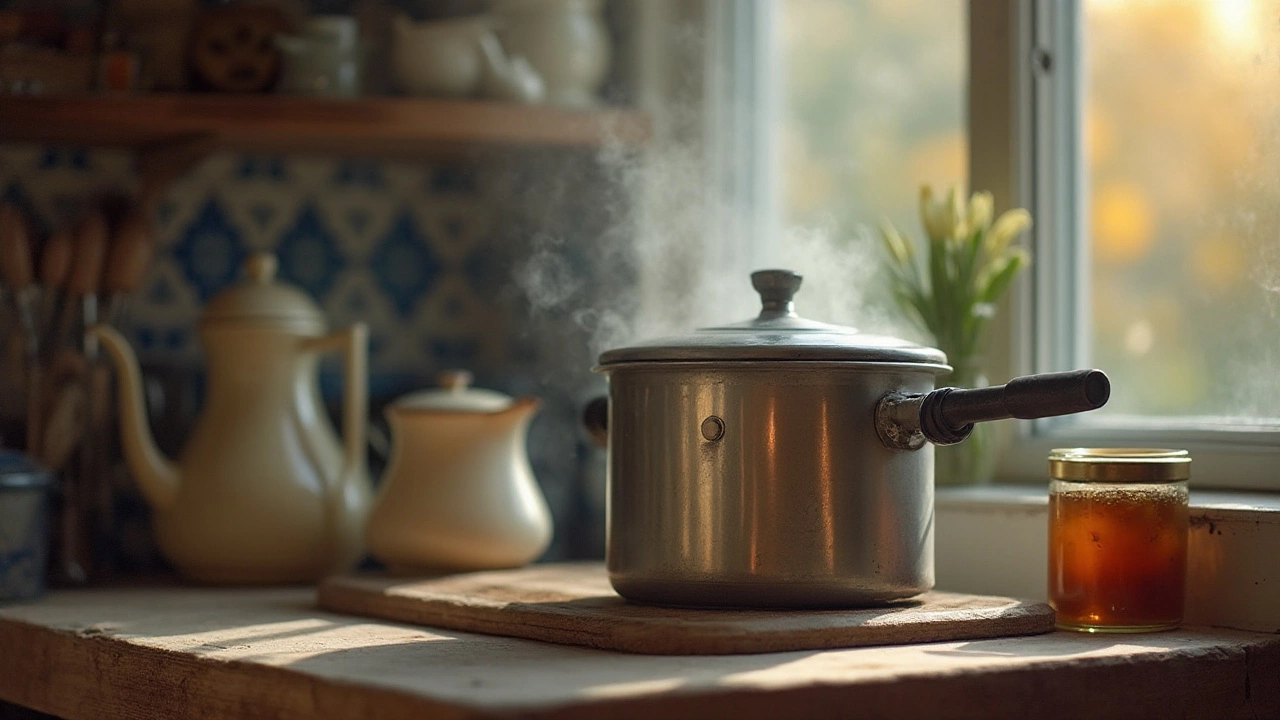Cooker Maintenance: Simple Tips to Keep Your Kitchen Running Smoothly
If your oven or hob is acting up, the first thing to ask yourself is: have you been looking after it? A few minutes each month can stop costly breakdowns later. Below are the basics anyone can do without a toolbox full of weird parts.
Why regular maintenance matters
Heat builds up grime, food splatter and grease. Over time that layer becomes a barrier that makes heating uneven and can cause smoke warnings. It also wears out seals and gaskets, which means heat escapes and your bills rise. A clean cooker runs hotter, uses less energy and lasts longer – that’s the bottom line.
Simple DIY checks
1. Wipe the surface after each use. When the hob cools, splash a damp cloth with a little mild detergent and glide it over the burners or glass surface. For electric hobs, avoid abrasive pads – they can scratch the glass and ruin the finish.
2. Clean the oven interior. Once a month, remove loose crumbs and spray a mixture of water and baking soda. Let it sit for 15 minutes, then wipe with a soft cloth. For stubborn stains, a paste of baking soda and vinegar works like a charm without harsh chemicals.
3. Check the door gasket. The rubber seal around the oven door should be smooth and flexible. If you feel a crack or see gaps, the oven can lose heat. Replace the gasket yourself if you’re comfortable, or call a local repair service for a quick swap.
4. Inspect power cords and plugs. Look for fraying, exposed wires or scorch marks. A damaged cord is a fire risk, so unplug the cooker and replace the cord or have a qualified electrician handle it.
5. Test the burners. For gas hobs, light each burner and watch the flame. A steady blue flame means good combustion. Yellow or flickering flames signal a dirty burner or a gas pressure issue – clean the burner holes with a pin and re‑try.
6. Keep ventilation clear. The extractor fan above your cooker should be free of grease buildup. A blocked fan forces heat back into the kitchen and can overheat components. Wipe the fan blades monthly with warm, soapy water.
Doing these checks takes less than 20 minutes a month, but the payoff is a cooker that heats evenly, uses less power and stays quiet. If you run into a problem you can’t fix – like a broken heating element or a faulty thermostat – that’s when a professional comes in.
South Shields Appliance Repair Services offers fast, affordable visits for any cooker issue that’s beyond DIY. Their technicians know local appliance models and can spot hidden faults that most homeowners miss. Call them when you need a certified repair, and you’ll avoid guesswork and unsafe fixes.
Bottom line: a tidy cooker is a happy cooker. Stick to a simple cleaning routine, glance at the seals and cords, and you’ll keep your kitchen humming for years. When in doubt, trust the experts and get the job done right the first time.
